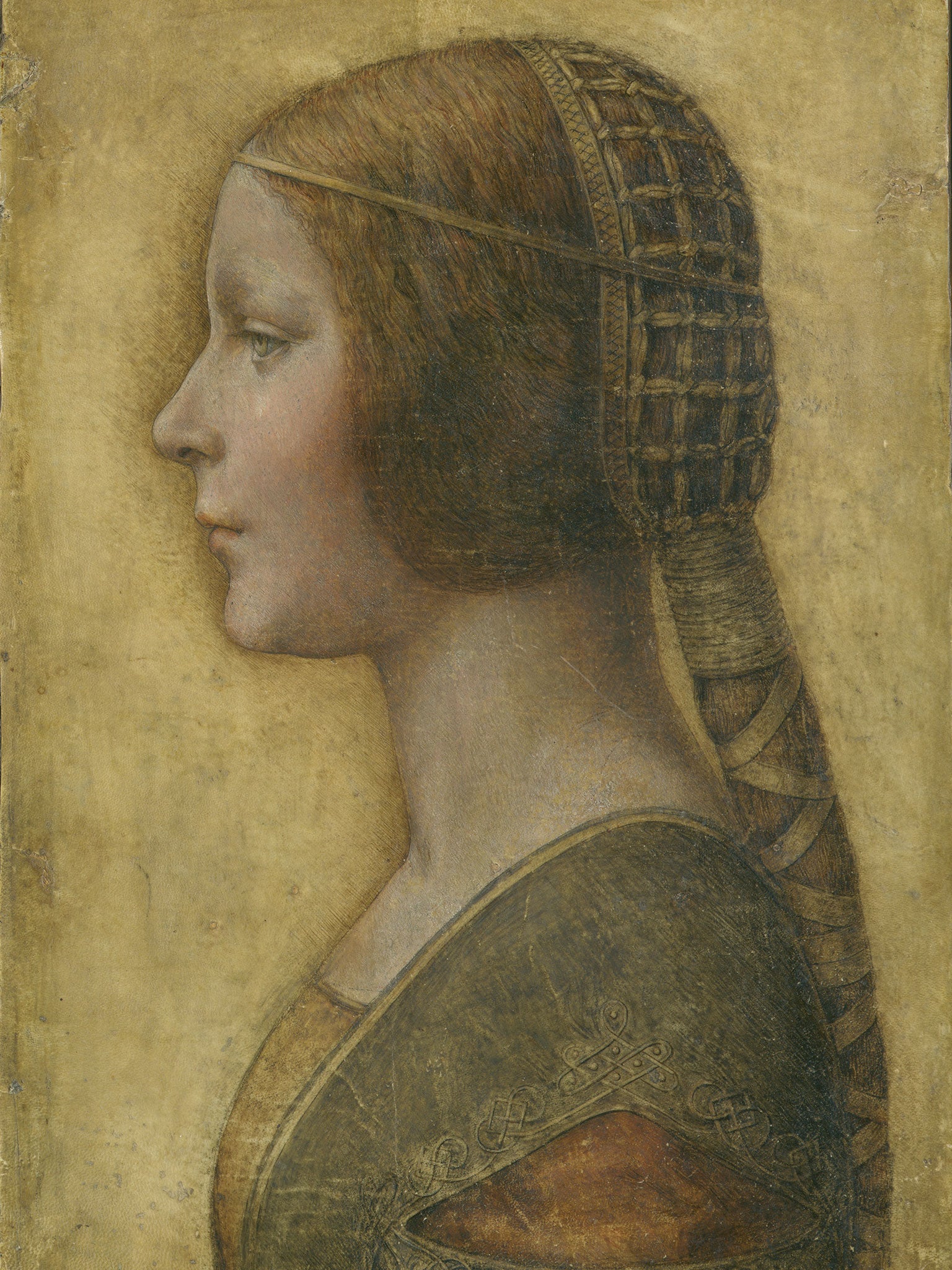Leonardo Da Vinci: Renowned British forger says he is creator of £100m drawing attributed to Italian artist
Shaun Greenhalgh says he used a supermarket check-out girl as his model

Your support helps us to tell the story
From reproductive rights to climate change to Big Tech, The Independent is on the ground when the story is developing. Whether it's investigating the financials of Elon Musk's pro-Trump PAC or producing our latest documentary, 'The A Word', which shines a light on the American women fighting for reproductive rights, we know how important it is to parse out the facts from the messaging.
At such a critical moment in US history, we need reporters on the ground. Your donation allows us to keep sending journalists to speak to both sides of the story.
The Independent is trusted by Americans across the entire political spectrum. And unlike many other quality news outlets, we choose not to lock Americans out of our reporting and analysis with paywalls. We believe quality journalism should be available to everyone, paid for by those who can afford it.
Your support makes all the difference.A renowned British forger has claimed that he is the creator of a £100m drawing attributed to Leonardo Da Vinci and that he used a supermarket check-out girl as his model.
The portrait of a young woman with a plaited ponytail, entitled La Bella Principessa, has been previously attributed by leading experts to the Italian master and is thought to show the wife of one of his patrons in the 1490s.
But Shaun Greenhalgh, who was jailed in 2006 after he was revealed as the creator of a succession of forgeries that duped some of the world’s leading art institutions, has now claimed he knocked off the 500-year-old masterpiece in 1978 using an old council document and wood from a Victorian school desk.
The self-taught artist, who faked works from Egyptian antiquities to works by LS Lowry, uses his newly-published memoir to describe how he based the portrait on “Sally”, a co-worker at a branch of the Co-Op where he worked in his native Bolton. Greenhalgh writes: “Despite her humble position, she was a bossy little bugger and very self-important.”
The Sunday Times reported that Greenhalgh claimed to have sourced materials of the right age for the picture, including clay he dug up himself.
But experts have cast doubt on the British faker’s claims. An French laboratory this weekend released evidence that shows the picture is at least 250 years old.
Join our commenting forum
Join thought-provoking conversations, follow other Independent readers and see their replies
Comments